Five innovators join the ranks of the Bakar Fellows
Five UC Berkeley faculty innovators have been selected for the Bakar Fellows Program, which supports faculty working to apply scientific discoveries to real-world issues in the fields of engineering, computer science, chemistry and biological and physical sciences.
The program, which started in 2012, gives up to five years of funding to help faculty further develop their innovations and ready them for the market in areas considered likely to stimulate California’s economy.
The 2018-19 fellows are: medical imaging innovator Steven Conolly; Polina Lishko, who is researching non-hormonal contraception; gene therapy researcher David Schaffer; electrical engineer Ming Wu, whose field is photonic switching; and Ting Xu, a materials scientist who is studying bodegradable plastics. Here’s a closer look at each:
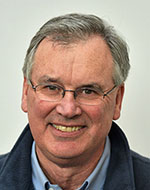
Steven Conolly is the Montford G. Cook Chair in the College of Engineering and a professor of bioengineering and electrical engineering and computer sciences. To help surmount a hurdle in cancer treatment, the Conolly laboratory is developing a high-resolution three-dimensional imaging method, Magnetic Particle Imaging, which does not use any radiation and has unprecedented sensitivity.
His Bakar Fellows project is to develop a high-resolution, safe and biocompatible tracer to enable MPI-based single-cell detection for immunotherapy optimization. This high-resolution tracer will also be useful for tracking stem cell therapies, and could potentially revolutionize diagnosis of pulmonary embolisms, stroke, and gastrointestinal bleeds.
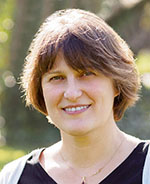
Polina Lishko is an assistant professor of cell and developmental biology in the Department of Molecular and Cell Biology. Her lab investigates the molecular mechanisms that regulate sperm motility, with the goal of developing safe unisex contraceptives and diagnostic tests for male infertility.
She has discovered several plant-derived compounds that inhibit the sperm from fertilizing an egg. As a Bakar Fellow, she and colleagues will evaluate these compounds’ safety and efficacy in blocking fertilization. They will also perform chemical screens for structurally related compounds with potentially even greater efficacy and begin to assess delivery routes for use in human contraceptives.
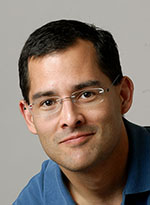
David Schaffer is a professor of chemical and biomolecular engineering, bioengineering and molecular and cell biology and director of the Berkeley Stem Cell Center. His focus is gene therapy, which has been increasingly successful in the past 10 years. In particular, delivery vehicles (vectors) based on the adeno-associated virus (AAV) have achieved success in clinical trials for rare diseases including hemophilia.
But AAV is difficult to produce in sufficient quantiy to bring gene therapy into routine clinical use. Schaffer is working to engineer cells for enhanced AAV vector production. With the support of the Bakar Fellows Program, he will work to create virus-producing cell lines that can generate many-fold higher levels of AAV vector than the current industry standard.
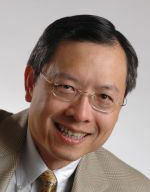
Ming Wu is the Nortel Distinguished Professor of Electrical Engineering and Computer Sciences, co-director of the Berkeley Sensor and Actuator Center and faculty director of Berkeley Marvell Nanolab. He is working on silicon photonic switches for data center networks, which are currently held back by a bottleneck caused by switching from optical fibers through electric switches and back again.
Wu has invented a high-performing optical switch. Several major data center operators and telecom companies are collaborating with his group on the applications of this switch, which could greatly increase the capacity of data centers and reduce their energy consumption. His Bakar Fellows support will accelerate commercialization of this invention.
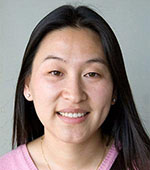
Ting Xu is professor of materials science and engineering and associate co-director of the Tsinghua-Berkeley-Shenzhen Institute Center for Precision Medicine and Healthcare. Her focus is improving biodegradable plastics, which now degrade slowly — and what’s left can be more harmful to ecosystems than the intact material.
Enzymes digest plastics into re-useable molecules but to date they can only erode polymers from the surface, so degradation is too slow. Ting Xu has designed protein-like polymers called “RHPs,” which can stabilize and protect enzymes during plastic fabrication. That means RHPs can be incorporated into plastics during production, removing the barrier to degradation later. Her Bakar Fellows funding will enable her to scale up production of RHP-based products for use in the biomedical, food and green plastic industries.
